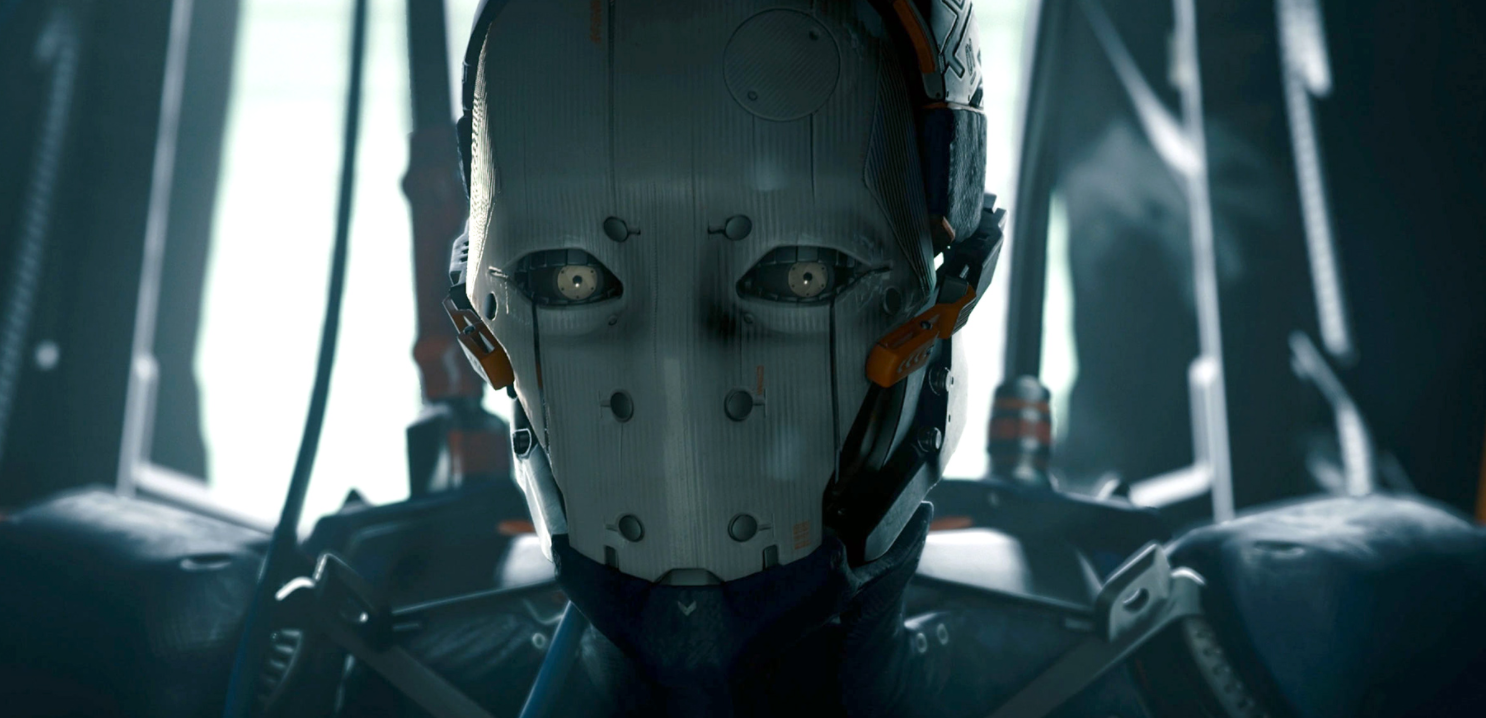If I were to try and summarise the 11 films I saw today in one spicy catch-all phrase, I'd opt for "AND THEN THEY ALL DIED!" Muhahaha.
Arguably, the "Muhahaha" might be subjective.
This week is the "ShortShorts Film Festival" in Tokyo; an event started in 1999 and which has since become one of the largest film festivals in Asia. The winner of the festival Grand Prix is eligible to be nominated for the short film category of the Academy Award the following year. Tickets are completely free if you book in advance.
I had not booked in advance.
Having failed this one simple requirements by not realising I really really really wanted to go on Saturday afternoon until Saturday afternoon, I dawdle sadly outside until my own ineptitude was matched by others failing to show for tickets they had reserved. Then I scuttled in to join my friends who had committed the heinous crime of saving me a seat.
The Japanese lady next to me promptly moved. She knew.
The showing I had just blagged myself into was the CG Animation competition. If language was a thing (often it wasn't), subtitles rolled in both English and Japanese. As my Japanese remain barely usable, I was already pretty excited by that.
The structure of short films (she claims, pretending this statement is not based purely on a sample of N = 11) falls into one of two types; either a complete short story is told, or the film is a scene from something bigger that is left to the viewer's imagination. While the first format is more easy to quickly absorb, I enjoyed the second format the most. It is like looking at a particularly detailed painting, where you search every corner of the frame for clues to the world it exists within. In the case of a short film, the painting just has several frames.
The film lengths were between 1.5 minutes and 15 minutes. This one was the shortest and --rather counterintuitively-- falls into the 'complete story' category:
"Dumb Straw", producer Akira Harada.
At the end... well, it's not exactly spelled out, but let's say flatulence isn't going to be a continual problem.
A film belonging to the second category of snap-shot scenes from a bigger story, explored a fantastical idea of seasons being installed by other-worldly artists. I admit, in this one no one actually dies, although the winter character does not seem to focus on the fireside-and-hot-chocolate aspect of the season.
'Autumn', director Helene Letourneur
A notable comedic addition was a Japanese film entitled 'sushidou'. The title is initially written as 'すしどう?' (how about sushi?) when a young man asks his female co-worker to lunch. She agrees and proceeds to eat sushi from the conveyer belt at an incredible rate. The sushi chef takes this as a personal challenge and a martial arts scene takes place where the two fight for sushi making / eating victory.
At this point it occurred to me the title could be written 'すし道’ (way of the sushi) like the Japanese martial art, 'kendo', meaning 'way of the sword'. I think this was a genuine play on words since at the film end, the two versions of the title are written side-by-side. Either way, the fact a wordplay occurred to me for Japanese makes me feel disproportionately[*] smug.
The two longest films were both French and creepily exactly the same length at 14 minutes 27 seconds. Could this time be the cut-off for the trial version of professional animation software in France? We may never know.
The first of the two films showed a father who vanishes (literally) due to his depression. This was not cheerful.
The second depicts a fantasy realm where a tiny boy lives happily in darkness with his pet squidgy worms. Then he falls in love with an equally tiny girl who lives in the sun. Desperate to give her gifts, the boy suffers terrible burns in the light. The girl realises she may have been somewhat unreasonable and drags his broken body back to the dark wormhole. Then they both die of their inability to select a suitable partner. This was hilarious.
No? Well, then it was an important life lesson.
My favourite in the 'complete story' category was a USA production called 'Quitting Time' that was an amusing take on the risks of travelling back into the past. The main character gets to die multiple times and --even more inexplicably-- has the technology for a time machine, but also uses a polaroid camera.
The film with the idea I found most intriguing depicted a dystopian future where organic bodies are highly prized and not seen as a right. The protagonist wakes up as a robot and is thrown from the prison where he's been detained and removed of his human body. My only criticism was that I wouldn't have understood the premise without reading the film description first.
'Adam', producer Veselin Efremov.
The most profound message came from an Iranian film showing an elderly fisherman who is enjoying his secluded life when his space in invaded by a tourist. The tourist (having snapped 101 photos and demanded to know when he could see the traditional fisherman actually fish) claimed he could sell his fish for profit, allowing the fisherman to then expand his business, and then increase his fishing, and then make more money, and then expand further and then...
The fisherman just turns to him and say "... and then what?"
It was deep. I was impressed.
--
[*] Probably-not-worth-talking-to-me-for-the-next-week smug.
